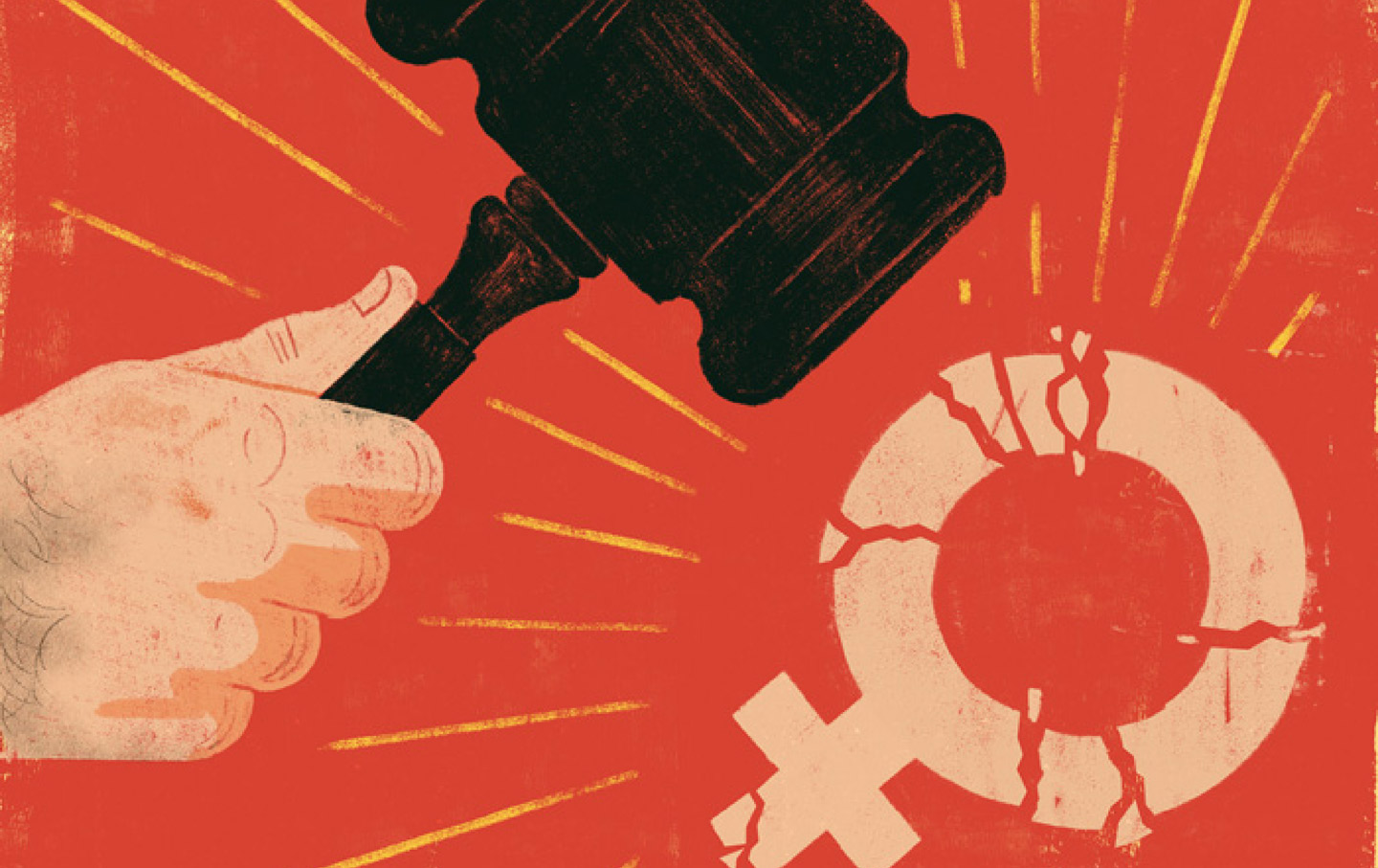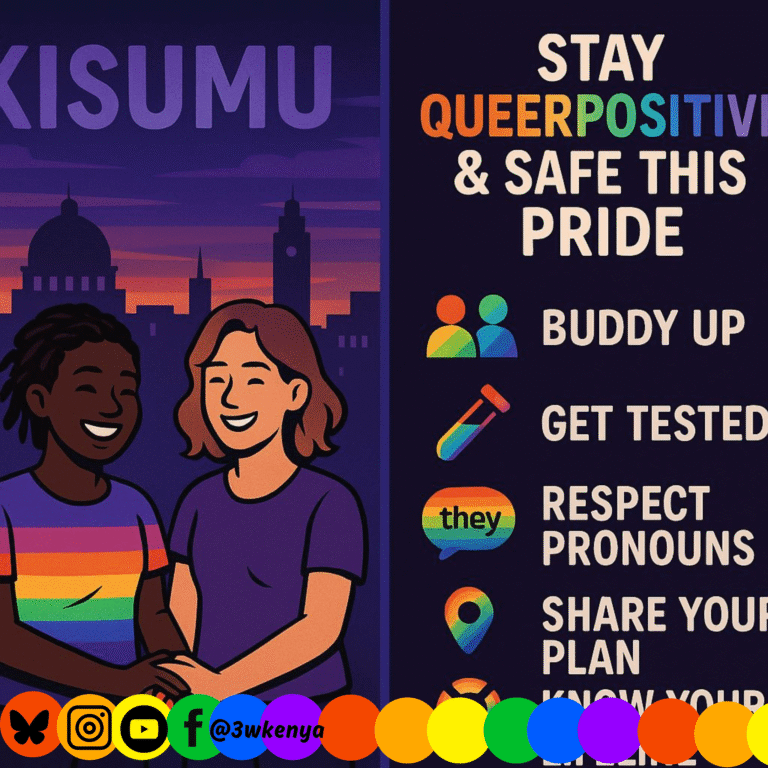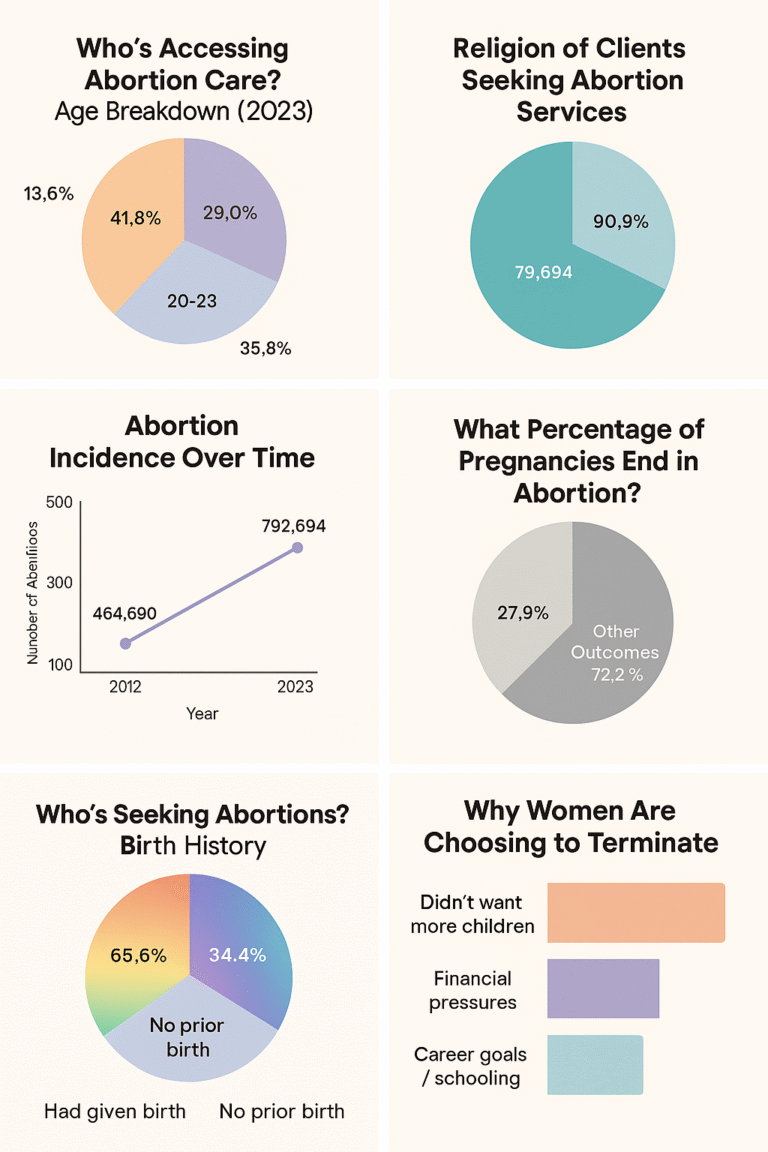Internalized Misogyny
Misogyny is the hatred, dislike, or prejudice against women. Internalized misogyny on the other hand does not refer outright to a belief in the inferiority of women. It refers to the byproducts of this societal view that cause women to shame, doubt, and undervalue themselves and others of their gender.”
Women who experience internalized misogyny may express it through minimizing the value of women, mistrusting women, and believing gender bias in favor of men. Women, after observing societal beliefs that demean the value and skills of women repeatedly, eventually internalize those misogynistic beliefs and apply them to themselves and other women. The implications of internalized misogyny include psychological disorders such as depression, eating disorders, low self-esteem, and less social support among women.
Women are educated from infancy both explicitly and implicitly on “appropriate” ways to act, think, and feel. These cultural conceptions of womanhood are so deeply ingrained that they dictate performances of femininity, even behind closed doors. It can be difficult to identify internalized misogyny. As independent as we think we may be, we have many preconceived notions about how a woman should exist that stem from societal expectations and gender norms. Some examples of ways we might have internalized misogyny even without realizing;
- You’ve thought “you’re not like other girls” was a compliment.
- You’ve felt embarrassed when talking about your period, or even buying sanitary item
- You’ve judged a woman for not keeping her job after she’s had a child
- You’ve been shocked/appalled/offended to see body hair on other women, even though you damn well know you have it too.
- You’ve said, “You’ll change your mind” to women who say they don’t want children or thought that such a decision is selfish, but would not say the same to a man.
- You’ve thought there is something wrong with you for not wanting or not liking children.
- You’ve assumed something negative about a woman because she spends a lot of time or money on her appearance.
- You’ve judged other women for not wearing makeup/not spending a lot of time or money on their appearance.
- You’ve been immediately threatened by another woman because you felt she was prettier than you, or you felt quietly assured because she wasn’t as pretty as you.
We’re all guilty of at least some of these behaviors, and that’s okay! But if we can be aware of them and change our own thinking, we’ll all be living in a far more supportive and accepting world. It is important to be conscious of this and to be conscious of your thoughts and ideas not only about other women but also in regard to yourself. Remember – empowered women empower women!



